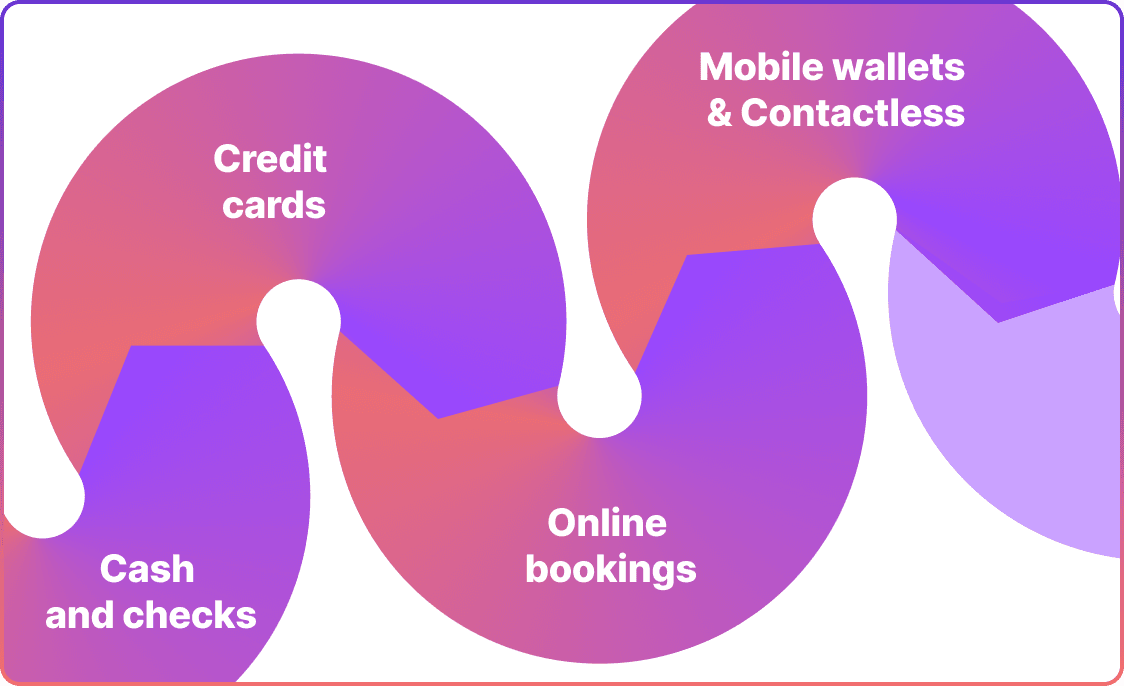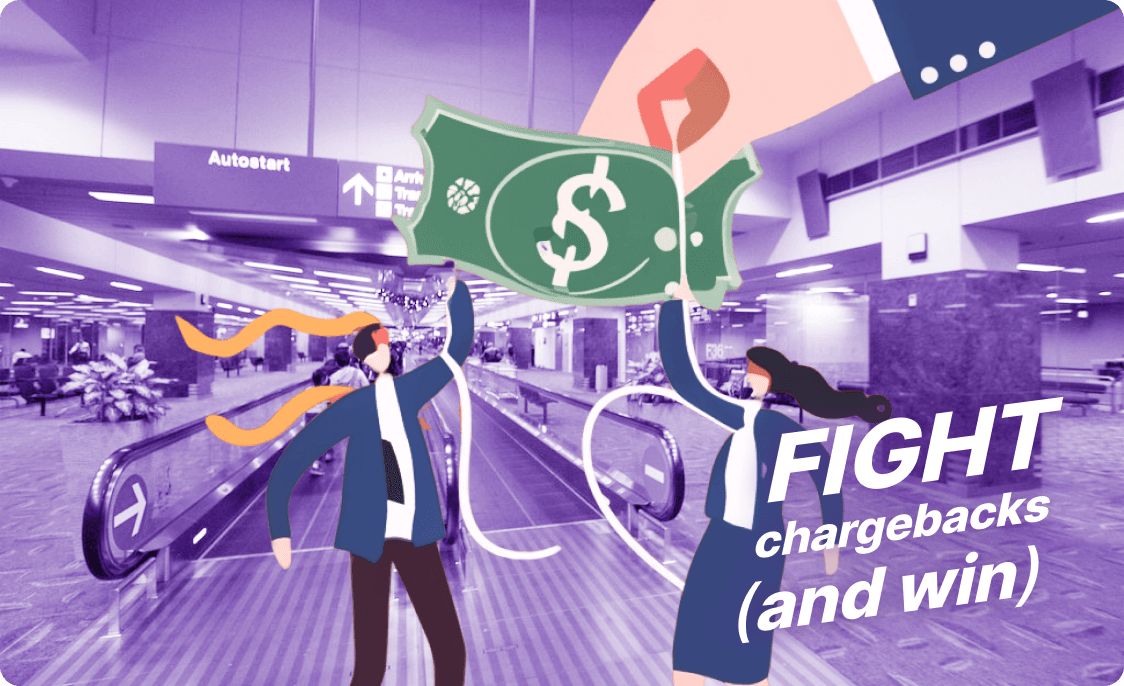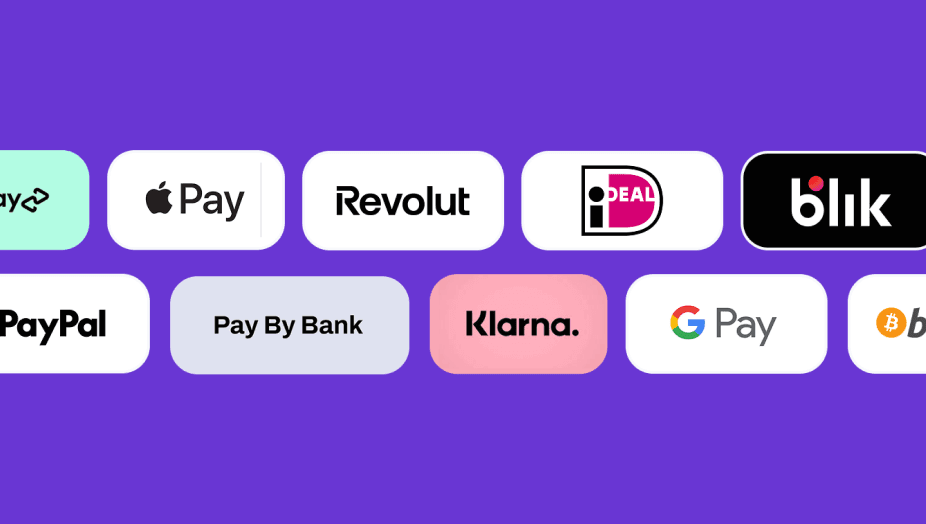
In the modern era of digital transactions, having a seamless travel payment system is crucial for any successful business, including the travel industry. As online bookings and global tourism continue to grow, it becomes essential to ensure smooth and secure financial transactions.
Here we look at the nuances of payment processing specifically designed for the travel sector.
Travel Industry Overview
The travel industry holds significant sway, contributing $9.9 trillion to global GDP in 2023. It continues to outstrip growth in many other sectors, fueled by a rising number of adventurous travelers across the globe seeking new experiences.
But how exactly do we define a travel business? The range is expansive, encompassing airlines, hotels, tour operators, travel agencies, and vacation rental platforms.
However, running a travel agency or business comes with its unique set of challenges:
- Planning Ahead: Unlike other industries, travel often involves advanced bookings, sometimes months in advance.
- Chargebacks: The travel sector experiences a higher-than-average rate of chargebacks, primarily due to cancellations and changes.
- Cybersecurity Threats: With vast amounts of personal and financial data being processed, travel businesses are lucrative targets for cybercriminals.
- Unstable Cash Flows: Seasonal variations and global events can lead to unpredictable revenue streams.
Evolution of Payment Processing in Travel
Over time, the travel industry has undergone a significant transformation in its payment processing methods.
In the past, cash was the preferred form of payment for travellers, who would often carry large amounts and exchange it for local currency upon reaching their destination. Checks also played a crucial role, particularly for businesses engaging in bookings or settling accounts with vendors.
As technology progressed, so did payment methods. The introduction of credit cards in the latter half of the 20th century brought about a significant change. It provided travelers with a safer and more convenient way to handle their expenses, eliminating the need to carry large sums of cash. Recognising the benefits it offered both businesses and consumers, travel agencies, airlines, and hotels swiftly adopted card payment systems.
The rise of the internet completely transformed the payment processing. Online bookings became the standard, requiring safe and reliable digital payment gateways. In today's world, with the widespread use of smartphones and digital wallets, travellers can easily book flights, reserve hotel rooms, or even pay for local transportation with just a few taps on their devices.
The shift from physical cash transactions to instant digital payments demonstrates the travel industry's ability to adapt and constantly seeks to improve customer experience.

Mobile wallets like Apple Pay and Google Wallet are gaining popularity among travellers worldwide. These digital platforms offer the convenience of storing multiple cards and currencies in one place, eliminating the need to carry numerous physical cards while on the go. This makes managing finances more seamless for globetrotters who want to stay organised during their travels.
Contactless payments, utilising Near Field Communication (NFC) technology, have become increasingly popular in bustling airports, hotels, and tourist attractions. The convenience of simply tapping and going has effectively minimised wait times, providing an enhanced experience for travellers, particularly when time is limited.
What is a Travel Merchant Account?
For today’s travel businesses, travel merchant services are essential. A travel merchant account is a specialised bank account that enables businesses to accept electronic payments from customers using credit cards, debit cards, or other alternative payment methods.
In today's globalised world, travelers are increasingly comfortable making online payments, and it's estimated that there will be nearly 20 billion payment cards in circulation by next year.
Benefits of using a travel agent merchant account include:
- Flexibility: Accept payments from anywhere worldwide, catering to a global clientele.
- Multiple Payment Methods: From credit cards to bank payments, offer a variety of options to your customers.
- Enhanced Cash Flow: With efficient payment processing, ensure a more consistent revenue stream.
- Security: Implement advanced security and privacy measures to protect your business and customers.
Controlling Chargebacks in Travel Industry
Another valuable feature of a merchant account is that it incorporates robust security layers that can aid in detecting and preventing fraudulent transactions and protect against chargebacks.
A chargeback is a way of safeguarding consumers against fraudulent activity by reversing a transaction. This happens when the cardholder raises a dispute about a charge on their account, leading the card issuer to reverse the transaction and withdraw funds from the merchant's account.
Other effective ways of managing and minimising chargebacks include maintaining open communication with customers, offering detailed booking information, and having a transparent cancellation.

Embracing Multi-Currency Payment Processing
A travel merchant may offer multi-currency payment processing for travel businesses, yet it’s not universal. For travel businesses that serve customers worldwide, being able to accept payments in multiple currencies is essential. Multi-currency payment processing enables businesses to receive payments in different currencies, including British pounds, Euros, US dollars, and more. This not only improves the customer experience by allowing them to pay in their preferred currency but also helps businesses expand into new markets.
Choosing the Best Payment Processing Provider
Choosing the correct payment processor is crucial for travel companies. With the industry constantly changing and customer expectations on the rise, having a reliable and efficient payment system becomes essential. Let's take a closer look at the key factors to consider when selecting a payment processor.
Flexibility
In the travel industry, it's essential to have a payment processor that can handle transactions from different card brands. By choosing a processor that accepts all major card brands like Visa, Mastercard, Discover, and American Express, your business can accommodate customers with various card preferences.
Direct Bank Payments
While credit and debit cards are widely used, a growing number of customers globally prefer the speed, security, and comprehensive record-keeping of direct bank payments. Selecting a payment processor that offers open banking payment solutions for travel industry like Noda is becoming increasingly important. Open banking allows for instant, secure bank-to-bank transfers as well as user identity verification, making it an attractive option for travel industry businesses.
Real-time Reporting
In the fast-paced travel industry, where reservations and cancellations can occur at any moment, real-time reporting is essential. A reliable payment gateway that offers instant updates enables businesses to effectively monitor, handle, and reconcile transactions, guaranteeing financial accuracy. Services that allow for simple and instant refunds to customers, without delays and rolling reserves enhance customer satisfaction, which is crucial in an industry where fast resolutions are expected.
Integration
In the travel industry, there is a heavy reliance on different software solutions, including booking platforms and customer relationship management tools. It's essential to have a payment platform that integrates smoothly with existing software. This not only simplifies the payment process but also guarantees a consistent and seamless user experience, minimising any potential issues or inconveniences.
Transparent Rates
Clear and upfront pricing is crucial in industries with thin profit margins like travel. Hidden fees can eat into profits, so it's essential to select a payment processor that provides transparent and competitive rates. With transparent pricing, businesses can accurately predict expenses and avoid any unexpected financial setbacks.
Prompt Account Setup
Getting your account set up quickly is crucial in the travel industry. Any delays in setting up payment processing can hinder growth and disappoint customers. By choosing processors that offer and deliver speedy account setups, businesses can stay responsive to market demands and maintain their agility.
To ensure growth and customer satisfaction, travel companies should carefully consider these factors and choose a payment processing provider that aligns with their business needs. This strategic approach will help optimise their operations and enhance the overall experience for customers.
Final Thoughts
In light of the travel industry's expansive reach and substantial customer base, it is imperative for businesses to establish a reliable and effective payment processing system. As this sector continues to experience growth, it becomes increasingly necessary for companies to adapt and evolve, providing secure, flexible, and user-friendly travel payment solutions.
In today's digital age, where online transactions have become the standard and customers demand seamless experiences, travel businesses must prioritise their payment processing strategies. Choosing a suitable payment processor is therefore vital for the overall success of the business.
Latest from Noda

Alternative payment methods: 2026 Guide for Businesses

Open Banking Payments: SME E-Commerce Guide (UK)

Payment Methods in Spain 2026: A Guide for Online Merchants

